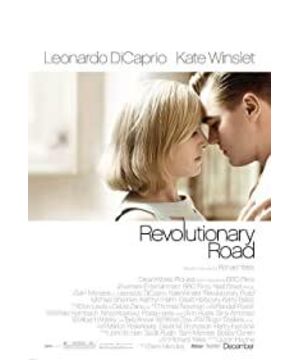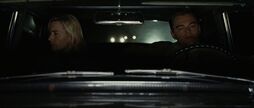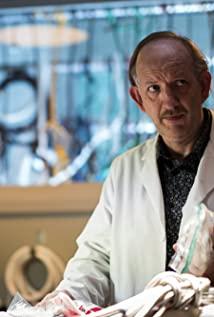In 2008, director Sam Mendes returned to his familiar territory, leading Kate Winslet and Leonardo DiCaprio to the "Revolutionary Road" created by Richard Yates in the 1960s. The name "Revolutionary Road" is a symbol of the free spirit of postwar Americans in the 1950s, but couples like Frank and April Wheeler condescended to that spirit and lived a dull life. . Frank travels day after day by train into the city to work, as a white-collar worker selling so-called "business machines", April is a housewife with dreams of being an actress. On the surface, they have achieved the American dream of the middle class, but in fact, their marriage has deteriorated to the point of frequent quarrels and even cheating, and it is difficult to recover in the face of any form of communication.
The original novel by Richard Yates portrays Frank and April as two symbolic realists and idealists. Of course, given the authenticity of the characters in the literary works, the two qualities are hidden and grafted in the marriage, in my opinion. It's pretty brutal and dark, just as marriage and love are hard to mix. Friction, collision...until the derailment is downplayed, the communication is of no avail, it is just a different form of destruction.
If "American Beauty" had a bit of wry humor in its dark hour, "Revolutionary Road" is a pure tragedy, a nuanced, nuanced dissection of a doomed tragedy. From Frank and April's textbook love at first sight in the film's opening minutes, to the subsequent exposure of the soul scars in the noise, and the couple's struggle to recreate the harmony between reality and ideals, we look at the tragedy as if we were watching a horror movie. The tragic, irresistible infiltration of the emotion in the picture into the memory of the same failure.
At the end of the film, Sam Mendes explained the ending of "Revolutionary Road" in a few shots, whether it was Frank alone watching the children swinging in the park with a wry smile, or the old neighbor putting on headphones silently amid the babble of his wife. It confirms the unspeakable sadness after a long life, irreversible or helpless.
View more about Revolutionary Road reviews











